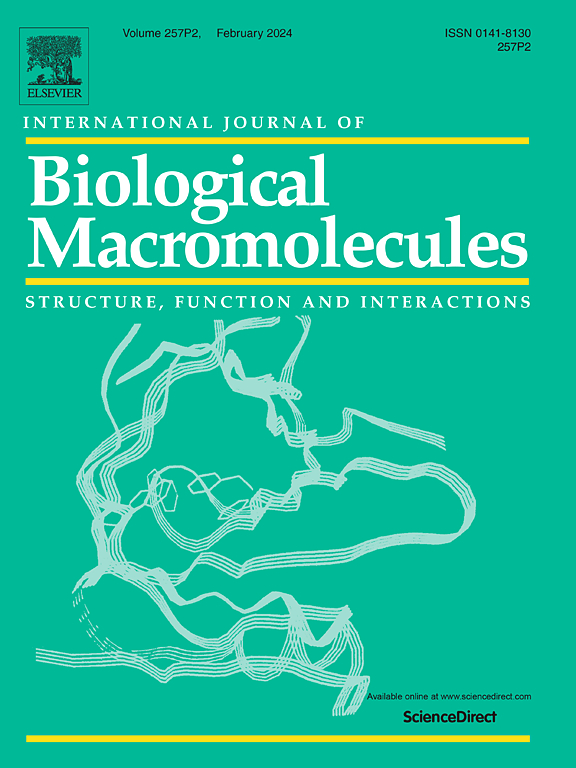Pullulan-spermine enhance the tolerance of probiotics and immune stimulation of macrophages
Abstract
The application of probiotics as adjunctive therapy in colorectal cancer treatment is hindered by the paucity of strains with specialized functions and the instability of their in vivo efficacy. The design of innovative and simple encapsulation strategies to enhance their stability and efficacy of probiotics has garnered substantial interest. This study investigated four Bifidobacterium longum strains from human feces for tolerance and cytotoxicity, and then synthesized a cationic polysaccharide, pullulan-spermine (PS), for probiotic encapsulation. The results indicated that the encapsulation by PS hold superior protective capacity and elevated the level of TNF-α and IL-12. In vivo studies further confirmed the retention capacity and safety of this probiotic-PS complex. Generally, this research presents an effective probiotic encapsulation strategy that could enhance macrophage immune responses, offering novel insights for probiotic-based therapies in major diseases like colon cancer treatment.





